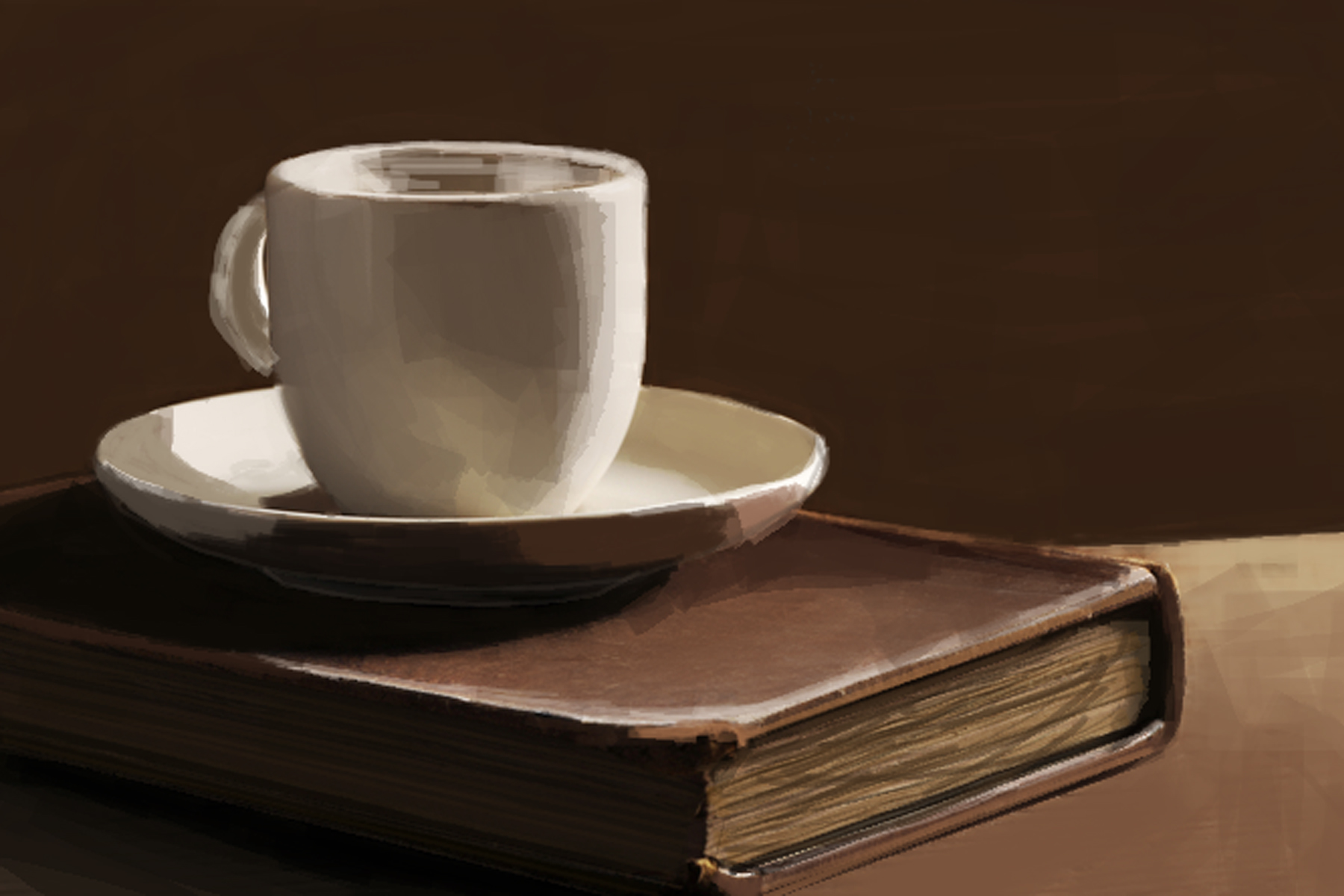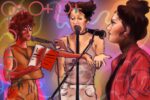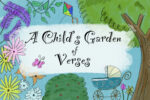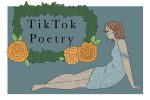The Midwest is commonly perceived as a cultural wasteland, where individualism is whitewashed and then forgotten amongst the cornfields, where dreams go to die. Well, maybe it’s not that bad. (I mean, John Green lives in Indianapolis.) Hanif Abdurraqib, Kaveh Akbar, José Olivarez and Eve L. Ewing are four poets that are living, modern proof that important content is being produced in the Corn Belt.
These poets use their Midwestern roots and perspectives to tell their individual stories and struggles with identity in an often forgotten area. There are some brilliant poets in the Midwest, and what they have to say is just as rich as anywhere else in the United States.
1. Hanif Abdurraqib
Hanif Abdurraqib is an Ohio native who currently lives in Columbus, Ohio. He lived in Connecticut for a little bit, but he wasn’t fond of it and chose to return to the Midwest. He writes beautifully insightful poetry about what it’s like to be a black Muslim in the Midwest, and he also writes captivating nonfiction essays about music and culture. He’s had poems and essays published in prestigious publications such as the New York Times, The Fader and Poetry Foundation.
“All The White Boys On The Eastside Loved Larry Bird” is a poem that encompasses what it’s like to grow up black in an area that’s predominantly white. Through a story of playing basketball (a wildly popular sport in the Midwest), the speaker talks about how winning a game of basketball and receiving 15 minutes of fame was worth being called terrible names.

Abdurraqib also has a compelling essay about how, as a young college student, he sought refuge in attending concerts, something that is forbidden in Islam. He muses on the other Muslim kids he saw at the shows, and he aches for those affected by the Paris bombing — those who sought refuge in music, much like he did as a kid.
2. Kaveh Akbar
Kaveh Akbar is a poet who grew up in the Midwest and currently lives in West Lafayette, Indiana. His most recent book, “Calling a Wolf a Wolf,” recounts his struggles with alcoholism and finding his Persian identity in a non-Persian location.
When Akbar was a child, the only Persian restaurant close enough for his family to go to was several hours away in Chicago. “Reza’s Restaurant, Chicago, 1997” is a poem that tells a story of the speaker’s childhood, and says (more poetically) how his father is able to point out any brown-skinned person in the restaurant and state their ethnicity. When the speaker asks his father how he can tell, his father responds, “We’re just uglier.” The speaker admires and loves his father so much, that if his father claims to be ugly, then that must be a good thing: “my father cherished / that we were ugly and so being ugly / was blessed.”
In “Portrait of the Alcoholic Floating in Space with Severed Umbilicus,” the speaker includes towns in Indiana like Fort Wayne and Indianapolis to set the stage of his erratic and difficult journey struggling with alcoholism. Any Midwesterner can relate to the image of “driving alone / into cornfields unsure whether I’d drive out.” As a fellow Hoosier, I can attest that the state is mostly fields, with long expanses of nothing but crops in between towns. It’s an eerily relatable portrayal of what people should do (especially poets) when they need to think or clearly in the Midwest.
3. José Olivarez
José Olivarez is a Chicago-based poet. He is the son of Mexican immigrants, and he recently released his book, “Citizen Illegal.” It is an honest account of being a legal citizen of the United States, but having illegal parents and often being mistaken for being illegal.
In “I Walk Into Every Room and Yell Where The Mexicans At,” the speaker struggles with never seeing other Mexicans, and becomes desperate to find another face that looks like his own. “i stare in the mirror if i get too lonely. thirsty to see myself i once walked into the lake until i almost drowned,” writes Olivarez. While this poem is set in New York, this is not a unique problem to have in the Midwest, with 76.6 percent of the population being white.
If you want a poem to take your breath away, read “(citizen) (illegal).” The speaker is caught between being perceived as either an illegal immigrant or a citizen. Depending on what the speaker does, like what language he speaks, what music he listens to or who he hangs out with, determines on whether he is illegal or not. I listened to Olivarez recite “(citizen) (illegal)” at the Flyover Festival last summer, and the room was completely captivated until the final word.
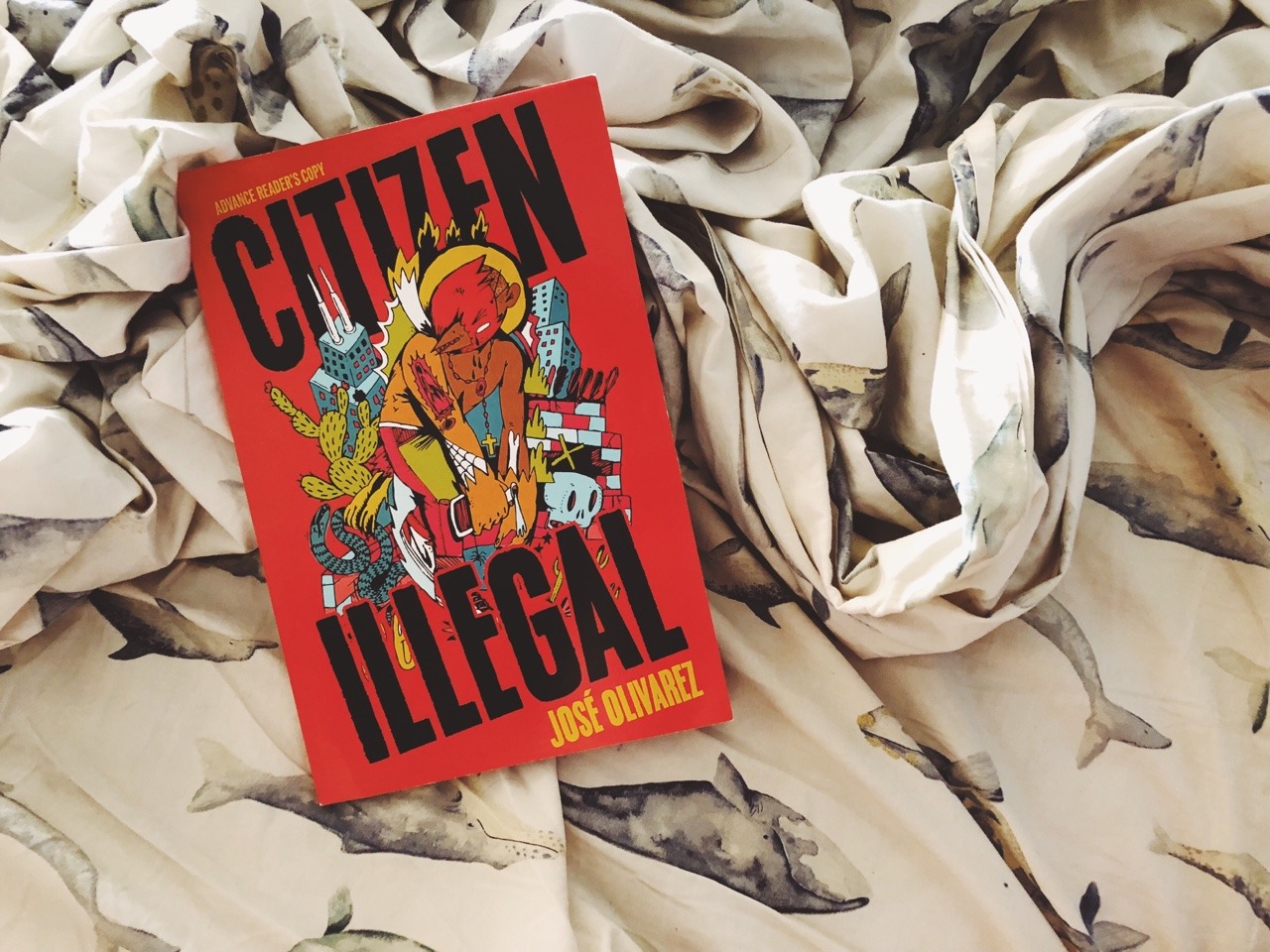
4. Eve L. Ewing
Dr. Eve L. Ewing is a poet and sociologist that was born and raised in Chicago. Her book, “Electric Arches,” was released in 2017. It’s a multimodal (has pictures and words) poetry book that includes the speaker’s perspectives of past, present and future Chicago. Her work could be described as afrofuturism, which commonly means black sci-fi, but in Ewing’s case, it simply means that black people will exist in the future.
In “horror movie pitch” and “horror movie pitch 2,” the speaker poses a hypothetical scenario: What if all of the black people in the world turned invisible? Would they terrorize their oppressors the same way they have been terrorized, or would they simply leave and live happily away from others? Or, what if they destroyed all the men that have put them down to get ahead in life?
“montage in a car.” is quite literally a montage of significant moments in the speaker’s life that happened in a car, from age 2 to 29. It’s describing the moment of transition from one place to the other, both figuratively and literally. Ewing writes short but poignant statements that foreshadow the larger, more significant moments in her life with lines like “I am eleven and we are going to a neighborhood where I have never been to stay with a woman I have never met because we cannot go home anymore” or “I am twenty-eight it is raining I scream ‘I will kill us I will kill us both.’”
I had a creative writing professor explain how there is no new subject matter to write about. There are already millions of poems about love, death, location and identity. What makes poetry interesting, what makes the reader feel empathy and cling to the words, is the writer’s perspective. Poets bring new perspectives to an exhausted topic and breathe new life into it. These poets incorporate their Midwestern selves into their work and write captivating poems about their lives, which makes their work so unique and wonderful.


